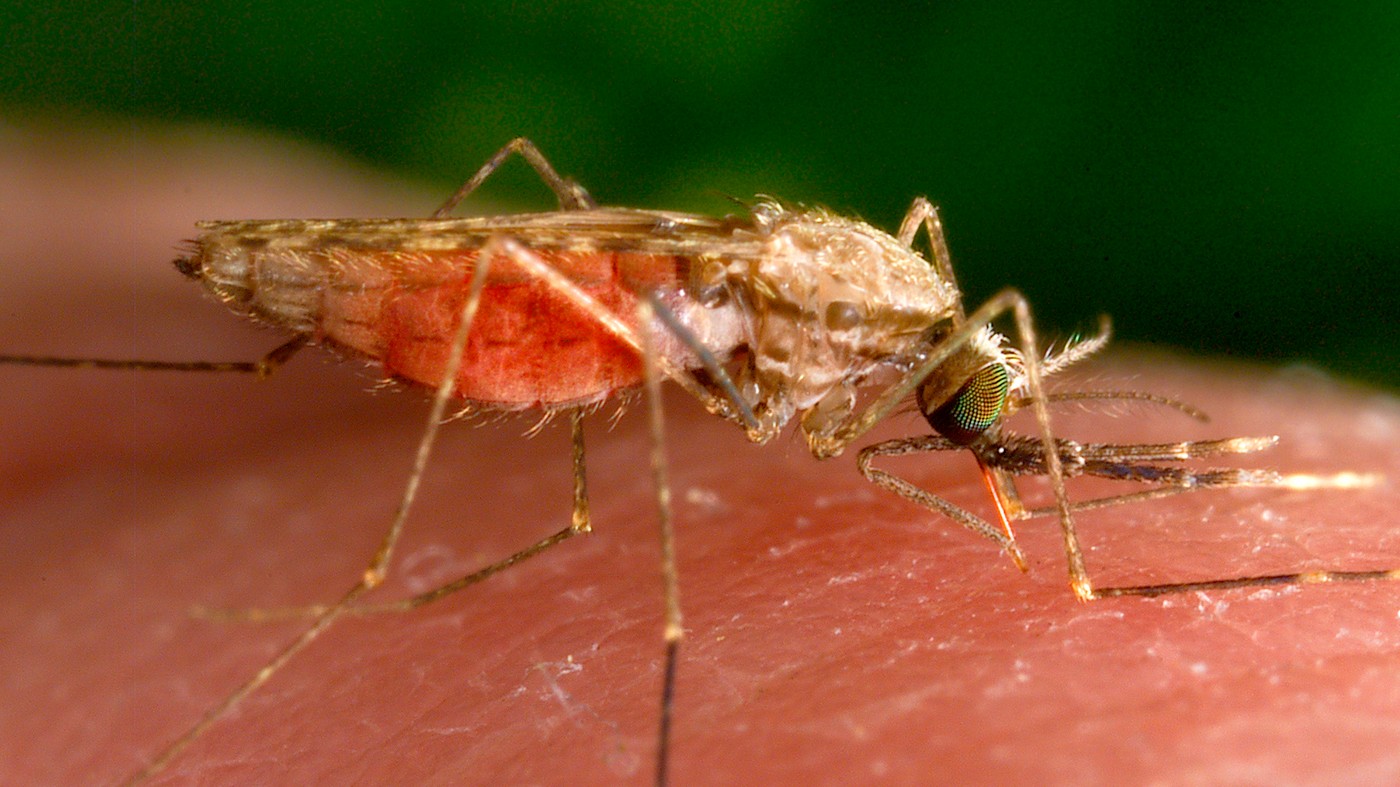Following the detection of malaria in the southern United States for the first time in 20 years, County officials in Florida have revealed plans to commence ‘aerial treatments’ to kill mosquitoes.
In a statement issued on Wednesday morning, Sarasota County noted ‘increased disease activity in the area’, saying it would deploy aeroplanes and trucks overnight to spray pesticides as part of an effort to stem the spread of the mosquito-borne disease.
Africa Today News, New York report that the move is coming barely 24 hours after the US Centers for Disease Control and Prevention (CDC) issued a health advisory for malaria.
While thousands of cases are reported each year in the US – primarily by travellers returning from abroad – the last time the country had a locally-transmitted outbreak was in 2003, when eight cases were reported in Florida.
The latest cases were likewise identified in Florida, with a cluster of four patients identified in Sarasota County, south of Tampa along the Gulf of Mexico.
Read Also: Invasive Malaria Mosquito Spreading In Africa – Researchers
A further case was found in Texas’s Cameron County, which is also situated on the Gulf coast. The Texas Department of State Health Services noted that the patient was a local resident who “spent time working outdoors” and had no recent experiences travelling out of state.
The last time Texas reported a local incident of malaria, the agency said, was in 1994.
Though the five patients in Texas and Florida “have received treatment and are improving”, the CDC warned doctors and residents – particularly in warm, mosquito-friendly areas – to be on the lookout for the disease.
‘Malaria is a medical emergency and should be treated accordingly,’ the CDC said in its health advisory on Monday.
A potentially life-threatening disease, malaria is primarily spread through bites from the female Anopheles mosquito, which can carry Plasmodium parasites.
An infected bite can lead to fevers and chills in the mildest form of the disease but in severe cases, patients can experience convulsions, laboured breathing, abnormal bleeding and jaundice.
Africa Today News, New York reports that before the coronavirus pandemic, the US documented approximately 2,000 cases of ‘travel-related’ malaria per year. Only 300 were severe.
The first confirmed case in the US this year was announced on May 26. As with the Texas case, the Florida Department of Health explained that the patient had “spent extensive time outdoors” and called on residents to use mosquito repellent or wear long sleeves.
